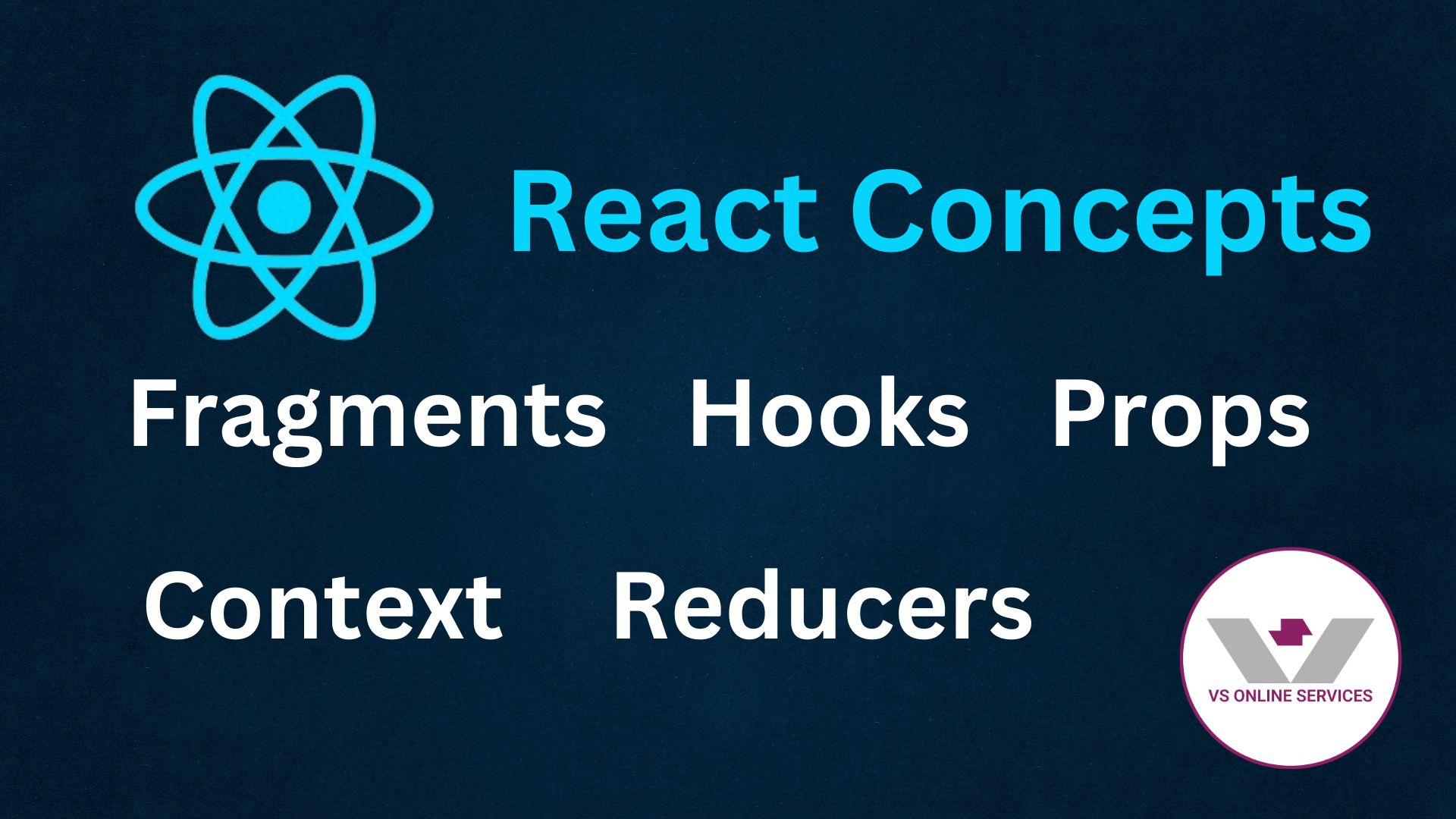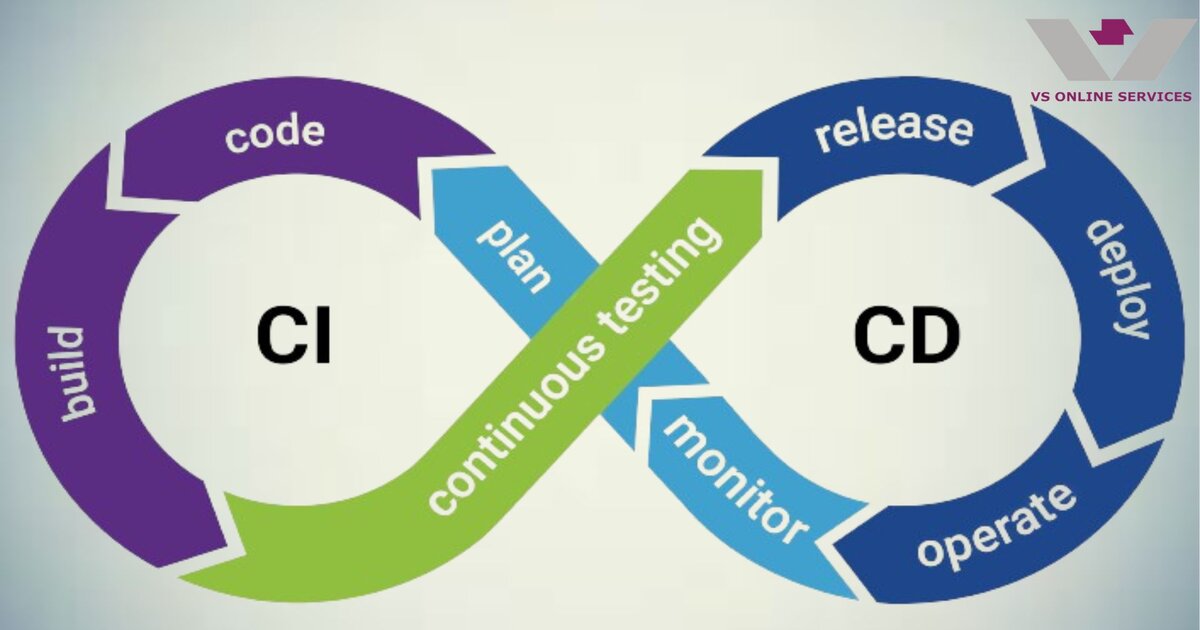10th Sep 2023
Strategies for Hiring Your Dream Software Development Team

In today's dynamic and technology-driven business landscape, having a high-performing software development team is not just advantageous; it's often a necessity for staying competitive and innovative. Your software development team is at the core of creating exceptional products and delivering top-notch solutions to your clients. However, building your dream software development team is a multi-faceted endeavor that requires strategic planning, effective recruitment strategies, and careful consideration of various factors. In this comprehensive guide, we'll explore the in-depth strategies that can help you assemble the perfect software development team tailored to your organization's unique needs.
Define Your Needs and Objectives
Before you embark on the journey of hiring a software development team, it's crucial to have a crystal-clear understanding of your project's needs and objectives. Consider the following:
- Project Scope: Clearly define the specific requirements, goals, and deliverables of your project. Understand the technical skills, programming languages, and domain expertise required.
- Team Size: Determine the optimal size and structure of your software development team. Consider whether you need a small, agile team or a larger, cross-functional group.
- Long-term vs. Short-term: Decide whether you're looking for a team to handle a single project or a long-term, dedicated development team for ongoing support.
- Cultural Fit: Take into account your organization's culture and consider how well potential team members will align with it.
Craft Comprehensive Job Descriptions
The foundation of attracting the right talent begins with well-crafted job descriptions. Your job descriptions should encompass:
- Role Requirements: Clearly outline the responsibilities, qualifications, and skills necessary for the role. Specify the level of experience required.
- Company Overview: Provide insights into your organization's values, culture, mission, and what makes your company a great place to work.
- Project Details: Explain the project's scope, objectives, and potential impact on the industry or market.
- Benefits and Perks: Highlight unique benefits, such as flexible work arrangements, opportunities for professional growth, and any additional perks your organization offers.
Diversify Your Recruitment Channels
Finding exceptional software development talent requires casting a wide net. Utilize various recruitment channels:
- Job Boards: Post your job listings on popular job boards, including LinkedIn, Indeed, Glassdoor, and specialized tech job platforms.
- Networking: Leverage your professional network, attend industry conferences, and ask for referrals from colleagues and industry contacts.
- Social Media: Promote your job openings on social media platforms such as LinkedIn, Twitter, and Facebook to reach a broader audience.
- Recruitment Agencies: Consider partnering with specialized tech recruitment agencies that have expertise in identifying top talent.
Assess Technical Skills Effectively
Technical proficiency is a fundamental requirement for a software development team. To assess candidates' technical skills effectively:
- Coding Challenges: Provide candidates with practical coding challenges or assignments to gauge their problem-solving abilities and coding skills.
- Technical Interviews: Conduct in-depth technical interviews that involve coding exercises and real-world problem-solving scenarios.
- Portfolio Review: Examine candidates' previous projects, code samples, and GitHub repositories to evaluate their coding style, quality, and ability to deliver.
- Certifications: Consider candidates' relevant certifications and qualifications, which can be indicative of their expertise.
Evaluate Soft Skills and Team Dynamics
While technical skills are crucial, a cohesive and efficient software development team also requires strong soft skills. Look for candidates who exhibit:
- Communication Skills: Strong verbal and written communication skills are essential for effective collaboration, sharing ideas, and problem-solving within a team.
- Teamwork Abilities: Evaluate a candidate's ability to work harmoniously within a team, contribute constructively, and adapt to diverse team dynamics.
- Adaptability: Given the ever-evolving nature of software development, seek candidates who are open to learning new technologies, methodologies, and approaches.
- Problem-Solving Capabilities: Assess candidates' problem-solving abilities and creativity, which are essential for overcoming complex development challenges.
Cultural Fit and Values Alignment
Beyond technical and soft skills, it's crucial to ensure that candidates align with your organization's culture and values. A strong cultural fit can significantly impact team dynamics, collaboration, and long-term success. During interviews and reference checks, assess candidates' values, work ethics, and how well they resonate with your company culture.
Highlight Growth and Development Opportunities
Top talent is drawn to organizations that offer opportunities for growth and continuous learning. Emphasize your company's commitment to nurturing talent and provide insights into professional development opportunities and career advancement within your organization.
Offer Competitive Compensation Packages
To attract and retain top software development talent, it's essential to offer competitive compensation packages. Research industry salary standards, benchmark your offers, and consider additional incentives such as bonuses, benefits, stock options, and other perks to make your organization more appealing.
Streamlined Onboarding and Integration
Once you've successfully hired your dream software development team, the onboarding process is critical. Provide a well-structured onboarding program, comprehensive training, and ongoing support to ensure that new team members integrate seamlessly into your organization.
Foster a Culture of Continuous Feedback and Improvement
Building your dream software development team is not a one-time endeavor but an ongoing process. Regularly seek feedback from your software development team to identify areas for improvement in your hiring and team-building processes. Adapt and refine your strategies based on this feedback to optimize your team's performance.
Conclusion
In conclusion, building your dream software development team requires a holistic approach that considers technical skills, soft skills, cultural fit, and alignment with your organization's goals. By defining your project's needs, creating detailed job descriptions, assessing candidates effectively, and fostering a positive work environment, you can assemble a high-performing team that drives innovation and success for your organization. Remember that hiring is just the first step; nurturing and retaining your talent are equally vital for long-term success in the competitive world of software development.




